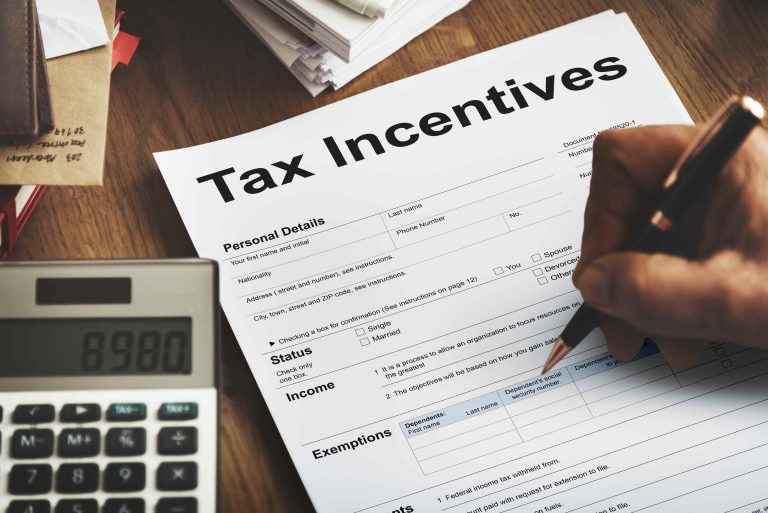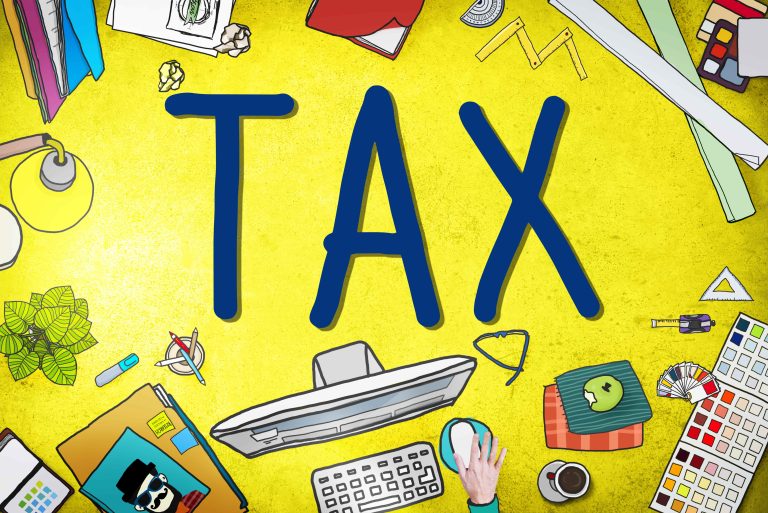Businesses in the UK have a legal obligation to pay taxes on their profits, and while the tax system is designed to be fair, it is also complex and can result in high tax liabilities for businesses. However, there are several strategies that businesses can use to minimise their tax liabilities and retain more of their profits.
In this blog, we will discuss some of the most effective ways to reduce your business and personal tax liabilities from your business income in the UK.
Ask your accountant for advice
Your accountant is best placed to help you work out what are the best ways to minimise your business tax liabilities. This should be a constructive and positive relationship, with your accountant offering suggestions as to the various ways you can reduce your tax liabilities. If this is not happening, then ask why and consider changing to an accountant who is more proactive on your behalf.
Here are some areas you might be able to talk to your accountant about.
Take advantage of tax allowances and reliefs
There are various tax allowances and reliefs available to businesses in the UK, such as capital allowances, research and development tax credits, and the Annual Investment Allowance. These allowances and reliefs can be used to reduce a business’s tax bill, and you should seek to ensure that they are being fully utilised.
Capital allowances allow businesses to claim tax relief on the cost of assets, such as equipment, machinery, and business vehicles such as vans, lorries, or business cars used in the business. These vary from time to time with changes to legislation and your accountant should be able to advise you on what is relevant to your business.

Research and development (R&D) tax credits allow businesses to claim tax relief on the cost of conducting research and development activities. There are several specialist firms that can help you assess your business’ potential for R&D tax credits. In simple terms, if your business has invested resources in an innovative project in science or technology, that develops a new process, product, or service, or improves an existing one, this may qualify for an R&D tax credit. You should seek specialist advice in your submissions for R&D tax credits.
The Annual Investment Allowance allows businesses to claim tax relief on the cost of qualifying capital expenditures, such as the purchase of machinery and equipment. These also vary from time to time and your accountant should be able to advise you of the current allowances.
Keep accurate and up-to-date financial records

Keeping accurate and up-to-date financial records is essential for businesses in the UK. Not only does it help to ensure that businesses are complying with tax laws and regulations, but it can also help to identify areas where tax liabilities can be reduced.
By keeping detailed financial records, businesses can ensure that they are claiming all the tax allowances and reliefs to which they are entitled. It also allows them to identify any areas where they may be able to reduce their tax liabilities by restructuring their business or making changes to their operations.
If you are a sole trader, consider incorporation as a Limited Liability Company
Incorporating a business can have significant tax advantages. Companies are taxed differently from sole traders and partnerships and can benefit from lower corporation tax rates. Additionally, companies are eligible for a range of tax allowances and reliefs, such as the Research and Development Tax Credit Scheme and the Patent Box.
Incorporating a business can also provide limited liability protection, which means that the business owner’s personal assets are protected in the event of business failure.
Join the NoLimits Business Community
Are you a business owner looking to take your business to the next level? Join our innovative community of like-minded professionals and gain access to a wealth of valuable resources, including a community portal to chat with other business owners, ebooks, business development software, and growth events that will transform the way you do business. Best of all, these resources are completely free and will be available to you forever.
But the benefits of joining our NoLimits business community don’t stop there. By becoming part of our community, you’ll have the opportunity to connect with other business owners, share insights and ideas, and build valuable relationships that will help your business thrive. Don’t miss out on this amazing opportunity to supercharge your business and join us today!
Take advantage of pension contributions
Pension contributions can be a tax-efficient way for businesses to reduce their tax liabilities. Contributions to an employee’s pension scheme are tax-deductible, which means that they can reduce a business’s taxable profits.
In addition to the tax benefits, offering an enhanced pension scheme over and above the statutory minimum requirement can also be an effective way for businesses to attract and retain employees.

For the business owner, maximising your pension contributions offer a legitimate route to both reducing the corporation tax bill and extracting money from the business into your pension to secure your financial future.
You should consult an Independent Financial Advisor for advice before increasing your pension contributions, however, in simple terms, contributions to your pension scheme reduce the profits of the business by the amount of the contribution and consequently the corporation tax levied on that profit. Should your business have the profit and cash headroom to consider this, you should discuss with an IFA the benefits of establishing a Self-invested Personal Pension Plan (SIPP) or a Small Self-administered Scheme (SSAS).
SIPPs are flexible pension schemes that, for example, allow your SIPP to invest in owning the commercial property that your business might occupy. Your SIPP can then collect commercial rent from your business in the tax-free environment of your SIPP. Debt can also be available in the SIPP to assist with the purchase of such property up to 50% of its value. You can also own limited company shares and issue loan notes from your SIPP to companies you might choose to invest in, such as your other businesses.
SSASs are more complex vehicles and allow you to loan money back to the company making the pension contributions along with the benefits that a SIPP has.
When investing in a pension, be aware that the drawdown of a pension has some tax-free element to it and is then taxed at income tax rates. Taxation around pensions varies from time to time and you should be advised by an IFA on pension investing and at any notable change points.
Make use of tax-efficient investments
If your business is generating a considerable volume of higher-rate taxed personal income for you, there are several tax-efficient investment opportunities available in the UK, such as venture capital trusts, enterprise investment schemes, and seed enterprise investment schemes. These investments provide tax relief on the amount invested, which can significantly reduce your income tax liabilities.

However, it is important to note that these investments carry a higher level of risk, and businesses should seek professional advice before investing.
Conclusion
In conclusion, minimising business tax liabilities in the UK requires careful planning and consideration of all available options. There are several allowances that you should seek to take advantage of as a matter of good practice. By utilising tax allowances and reliefs, keeping accurate financial records, considering incorporation, taking advantage of pension contributions, and, making use of tax-efficient investments, you the business owner, and your business can reduce your tax liabilities and retain more of your profits.
However, it is important to seek professional advice before implementing any tax-saving strategies to ensure that they are suitable for the specific business and its circumstances.
By Tom Allchurch
Join the NoLimits Business Community
Are you a business owner looking to take your business to the next level? Join our innovative community of like-minded professionals and gain access to a wealth of valuable resources, including a community portal to chat with other business owners, ebooks, business development software, and growth events that will transform the way you do business. Best of all, these resources are completely free and will be available to you forever.
But the benefits of joining our NoLimits business community don’t stop there. By becoming part of our community, you’ll have the opportunity to connect with other business owners, share insights and ideas, and build valuable relationships that will help your business thrive. Don’t miss out on this amazing opportunity to supercharge your business and join us today!

